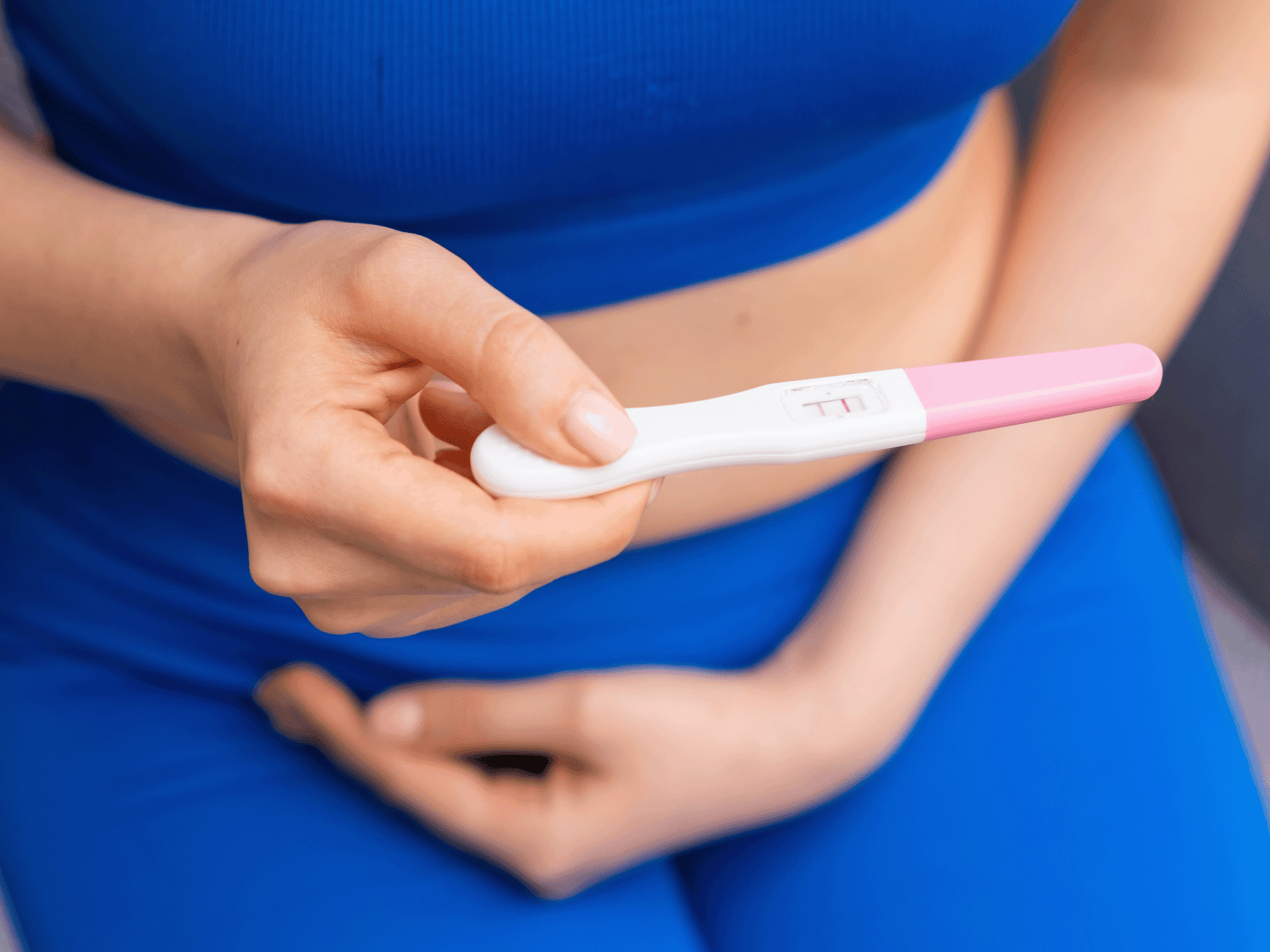The pregnancy test sits on the bathroom counter for the third month in a row, displaying the same single line. Sarah and her partner have been trying to conceive for over a year, exploring every fertility tip and tracking every cycle. They've considered diet changes, stress reduction, and timing—but there's one crucial factor they haven't discussed with their doctor: blood health.
While fertility conversations often focus on hormones, ovulation, and sperm health, the relationship between blood health and reproductive success remains surprisingly overlooked. Yet your blood carries the oxygen, nutrients, and hormonal signals that make conception and a healthy pregnancy possible.
The Two-Way Connection
Blood health encompasses more than avoiding anemia. Your blood delivers oxygen to reproductive organs, transports hormones that regulate ovulation and sperm production, and maintains the vascular health necessary for implantation and pregnancy. When blood health is compromised, the effects ripple through every system in your body, including reproduction.
How Blood Health Impacts Fertility
Iron Deficiency: The Silent Disruptor
Iron deficiency is one of the most common nutritional deficiencies among women of reproductive age. When iron stores are low, your blood carries less oxygen to vital organs—including your ovaries and uterus. This reduced oxygen delivery can affect egg quality, disrupt ovulation patterns, and create an environment less conducive to implantation. For men, iron deficiency may impact sperm production and motility.
Even mild iron deficiency—before it progresses to anemia—can influence fertility outcomes. Many couples experiencing unexplained infertility may have underlying iron insufficiency that hasn't been detected through standard blood tests.
Circulation and Reproductive Health
Healthy blood flow is essential for reproductive function. Poor circulation can reduce blood flow to the ovaries, affecting hormone production and egg development. Adequate blood flow in the uterus is crucial for building a healthy endometrial lining. For men, circulation impacts erectile function and nutrient delivery to the testes, where sperm production occurs.
Clotting Disorders and Implantation
Blood clotting disorders can create microscopic clots that interfere with implantation, preventing the developing embryo from properly attaching to the uterine wall. Some clotting disorders are inherited, while others develop due to lifestyle factors or underlying health conditions.
How Fertility Affects Blood Health
Pregnancy's Demands
Pregnancy places extraordinary demands on your cardiovascular system. Blood volume increases significantly to support the growing baby, while your heart works harder to pump this increased volume. For women with existing blood health challenges, pregnancy can exacerbate these issues as the body's increased need for iron, folate, and vitamin B12 can quickly deplete marginal stores.
Nutritional Depletion
Creating new life requires significant nutritional resources. Iron needs increase substantially during pregnancy, while folate requirements also rise to support fetal development. Even during the preconception period, women with regular menstrual cycles lose iron monthly, and those with heavy periods may struggle to maintain adequate stores.
Postpartum Recovery
Blood loss during childbirth can lead to postpartum anemia, affecting many new mothers. Untreated postpartum anemia can cause persistent fatigue, cognitive changes, and mood disturbances. Breastfeeding continues to place demands on maternal nutrition, particularly for iron and B vitamins.
The Stress Factor
The emotional toll of infertility extends beyond mental health to physical well-being. Chronic stress can elevate blood pressure, increase inflammation, and disrupt hormonal balance. Fertility treatments themselves may impact cardiovascular health through hormonal medications.
Practical Steps for Supporting Blood Health
Nutritional Foundations
- Iron-rich foods: Include lean meats, poultry, fish, legumes, and dark leafy greens. Pair plant-based iron sources with vitamin C-rich foods for enhanced absorption.
- Folate intake: Choose leafy greens, beans, fortified grains, and citrus fruits. Consider a prenatal vitamin with methylfolate.
- B12 support: Essential for red blood cell formation, B12 is found primarily in animal products. Plant-based dieters should consider supplementation.
Circulation-Supporting Habits
- Regular movement: Moderate exercise improves circulation and reduces stress. Aim for 30 minutes most days.
- Stay hydrated: Proper hydration supports healthy blood volume and circulation.
- Manage stress: Explore techniques such as yoga, meditation, or counseling.
Medical Evaluation and Monitoring
- Comprehensive blood work: Standard fertility testing may not include detailed iron studies or clotting factor analysis.
- Blood pressure monitoring: Regular monitoring helps identify issues early.
- Preconception counseling: Address blood health issues before conceiving.

Conclusion
The connection between fertility and blood health represents both a challenge and an opportunity. While blood health issues can impact fertility, supporting your blood health may positively influence your reproductive journey. Every positive choice—from iron-rich meals to stress-reducing walks—contributes to creating an environment where fertility can thrive.
Whether you're just beginning to think about starting a family or have been on this journey for some time, paying attention to blood health offers a proactive way to support your reproductive goals while investing in your long-term wellness.
This information is educational and not intended to replace medical advice. Always consult with healthcare providers for personalized guidance regarding fertility and blood health concerns.
Share this article with others who might benefit from understanding this important connection. Download Ruby today to begin monitoring your blood health as part of your wellness journey.
Click here to download the app via the iOS or Android app stores.
References:
- Kansas Health System. "Infertility and Heart Disease Connection"
- Mount Sinai Health. "The Connection Between Heart Health and Fertility"
- Fertility Institutes of San Diego. "Understanding the Impact of Heart Health on Fertility"





Leave a comment
This site is protected by hCaptcha and the hCaptcha Privacy Policy and Terms of Service apply.